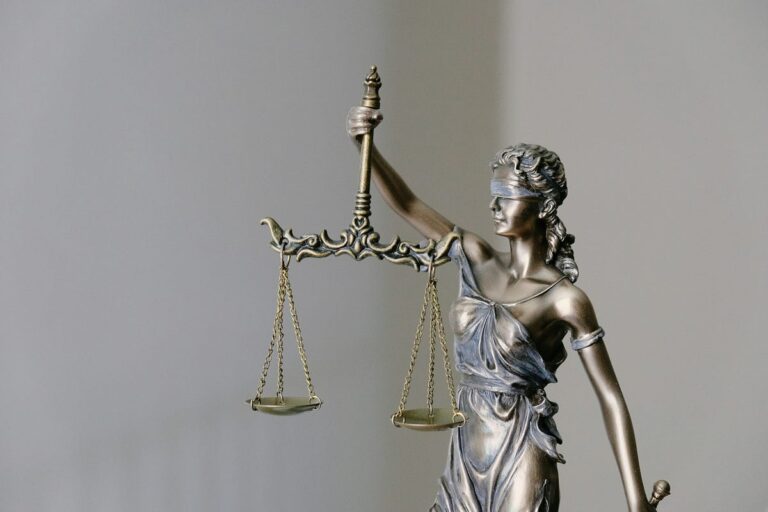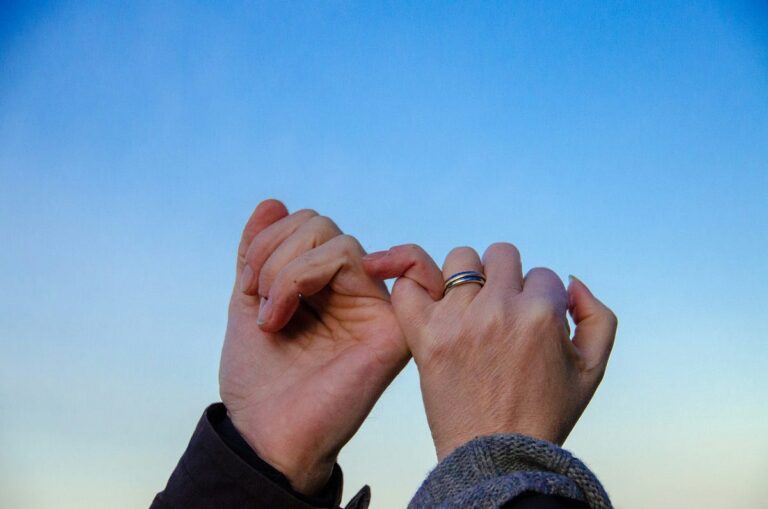Book Appointment Now
The Masks We Wear: Understanding Our Hidden Identities

We all wear masks. Some of us are aware of this, but others have become so accustomed to these masks that they believe they are their masks. These masks can project qualities like ‘niceness’ or ‘badness,’ but in the end, they all serve to hide our true essence. These aren’t physical masks, but rather emotional and behavioural ones.
Often, we focus on the masks worn by narcissists, fixating on their ‘bad’ qualities without examining the masks we wear ourselves. Our masks, often cloaked in ‘niceness,’ can be just as deceptive. We forget that these masks, too, are hiding something — our fears and insecurities — ultimately preventing us from truly seeing ourselves.
These masks, or “I-dentities,” act as invisible shields we put up to protect ourselves.
Where do these Masks Comes From?
Stephen Wolinsky, in his book The Tao of Chaos, offers a profound perspective on the origin of these masks. He explains that we all begin life as “essential beings” — completely free and spontaneous, without memories or associations. However, as we grow, things change.
Wolinsky writes, “As we are conditioned, programmed, and taught how to look, how to be, how to behave, how to act, how to imagine, how to feel and how to think, our essence becomes submerged beneath all the ‘I-dentities’ we take on.”
In other words, as children, we learn to adapt to our environment. We figure out which behaviours earn us approval and love. We might please our parents, get good grades to receive praise, or act ‘strong’ to avoid upsetting someone. These adaptations become our masks — survival strategies we develop when we’re young and vulnerable. Over time, we might lose touch with our true essence and even start to fear it.
How Masks Affect Our Personal Growth
As we grow up, these masks become deeply ingrained in us. What we once wore to provide a buffer from pain and rejection now becomes strong barriers that help us avoid facing our deepest fears and insecurities.
If we don’t shed these masks as we mature, they become so attached to us that we can’t imagine life without them. They’ve kept us safe, and we lose sight of who we are without them. We’re accustomed to navigating life with these masks and feel safer with them.
For example, if your mask is one of being ‘nice’ and taking care of others to seek approval, you become used to it. Your life becomes like a house of cards built on a foundation of people-pleasing. If you think about the things, you’ve built and ‘achieved’ using that mask, you may feel like you’re losing a lot if you shed it.
Shedding that mask might mean losing your relationships, friendships, or even family because you’re shedding the false you and getting in touch with the true you — something those close to you, who are wearing their own masks, are not used to.
So, the ‘easy’ path may involve seeking out another, better mask or a convenient mask. However, the most emotionally challenging path is removing that mask, feeling the discomfort, being vulnerable, and connecting with your own authenticity.
This is how you grow beyond the limitations of the past. The mask limits you from seeing the beauty within, and the more you run away and accumulate other masks, the further you drift from the solution or from the root of all your current problems — your false identities playing games with each other and causing constant conflict in your life.
Most of your conflicts in your relationships and in your life are not a result of solving concerns within the relationship; they are just a result of two masks trying to outwit, understand, or connect with each other, which will not happen. A connection of masks is more of a convenience to solidify the masks, but a relationship should involve two people who want to be vulnerable and know each other on a deeper level beyond the masks they wear.
So, always be wary of the mask you’re wearing; it might seem like it’s serving you, but it’s actually preventing you from being your true self.
Note from the Author
If you’re ready and you’d like my help with healing, finding peace in life and breaking free from these toxic patterns, then you can book a FREE BREAKTHROUGH CALL with me HERE. Happy healing 💙💙. Feel free to share and comment! Use this information with caution, it comes from my own thoughts & bias, experiences and research😊.
References
1. Wolinsky, S. (1994). The Tao of Chaos: Essence and the Enneagram. Quantum Institute Inc.
2. Brenner, C., & Michaelsen, E. (1999). If Buddha dated: A handbook for finding love on a spiritual path (pp. 20–24). Harmony Books.







